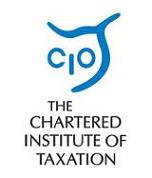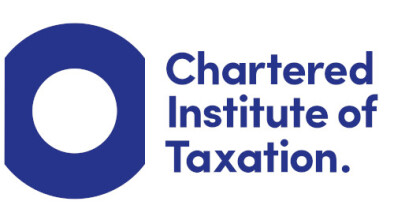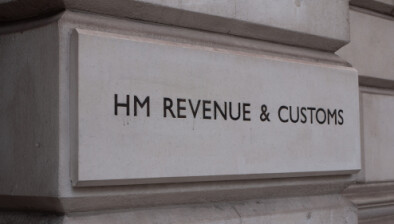Lowest paid workers to benefit the least from new £500 NHS payment, CIOT warns

The Chartered Institute of Taxation’s (CIOT) Low Incomes Tax Reform Group (LITRG) is warning that some of the lowest paid workers stand to benefit the least from the Scottish Government’s new £500 bonus payment to NHS and care workers if the payment is taxed.
First Minister Nicola Sturgeon announced at Monday’s SNP conference that a one-off payment of £500 would be made to full-time NHS and adult social care workers in recognition of their work during the Coronavirus pandemic and called on the UK Government to make the payment tax-free.
However, LITRG said that because the payment is likely to be liable for tax as earnings, NHS and care workers receiving Universal Credit could see their benefits payments reduced as a result of the one-off payment.
For every extra £1 that a person receiving Universal Credit earns over and above their allowance, their benefit entitlement is usually reduced by 63p1.
It means that someone earning the median Scottish salary of £25,200 who also receives Universal Credit, could see the value of their bonus reduced from £500 to £123.95 once taxes and benefits are taken into account2.
Moira Kelly, chair of LITRG, said: “We welcome that the Scottish Government has chosen to recognise the hard work of NHS and care staff during the pandemic, but it is important to point out that if the bonus is taxed, then those on some of the lowest incomes stand to benefit the least.
“For those receiving benefits like Tax Credits and Universal Credit, this would mean that any extra cash they receive may have a knock-on effect on the amount of benefit they are entitled to.
“As an example, someone receiving the median Scottish income of £25,200 could see their bonus reduced to £335 once tax and National Insurance is deducted.”
She added: “If they also received Universal Credit, then the value of the bonus would be reduced even further, to £123.95 because each additional £1 of earned net income sees Universal Credit reduced by 63 pence.
“Every taxpayer’s situation will be different, but the overall picture is that, unless the payment is made tax-free, recipients will end up with less than the headline amount, with some of those on the lowest incomes losing the most.”





